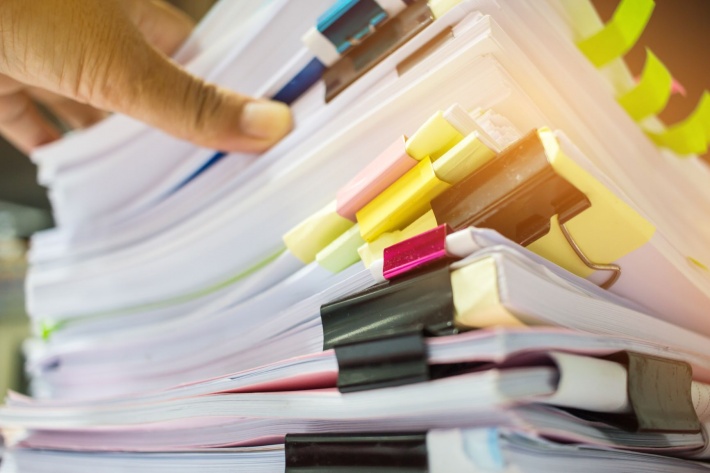HMRC tax inspection
What is an HMRC tax inspection?
An HMRC tax inspection, also known as a tax audit, is a process conducted by HMRC, the tax authority in the United Kingdom. During an inspection, HMRC examines a taxpayer’s financial records, accounts, and tax returns to ensure compliance with tax laws and regulations. The purpose of the inspection is to verify that the taxpayer has accurately reported their income, expenses, and tax liabilities, and to identify any errors or discrepancies that may require adjustment or further investigation. Depending on the findings of the inspection, HMRC may issue corrections, penalties, or take other enforcement actions if tax laws have been breached.

These are the types of business records HMRC might look into:
- VAT returns (if your business is VAT registered)
- Self Assessment tax returns
- Corporation tax returns
- PAYE returns (if you’re an employer)
- Construction Industry Scheme (CIS)
- IR35
- Landfill tax
- Insurance premium tax.
Navigating an HMRC tax inspection can be daunting, but with the right preparation, small businesses can sail through smoothly. Here’s how:
- Organize Your Records
Keep all financial documents, receipts, and invoices in order. - Understand Your Obligations
Be aware of tax deadlines and filing requirements. - Review Your Accounts
Regularly audit your accounts to ensure accuracy. - Seek Professional Help
Consider hiring an accountant or tax advisor for expert guidance. - Stay Informed
Keep up-to-date with HMRC regulations and changes.
Prepare now to ensure compliance and avoid unnecessary stress during an HMRC tax inspection!
Types of HMRC Inspections:
- Full Enquiries: These are comprehensive reviews of the entire financial affairs of a business or individual.
- Aspect Enquiries: These focus on specific areas of a tax return or particular transactions.
- Random Checks: HMRC may conduct random tax checker as part of their routine activities to ensure compliance checker across the board.
Triggers for an HMRC Inspection:
- Discrepancies in tax returns or accounts
- Consistent late filings or payments
- Large fluctuations in income or expenses
- Random selection as part of HMRC’s routine checks
What to Expect During an Inspection:
- Notification: HMRC will typically notify you in advance of an inspection.
- Documents and Records: You will be required to provide relevant documents, such as financial statements, invoices, bank statements, and receipts.
- Meeting: An inspector may visit your premises to review records and discuss your tax affairs.
- Outcome: The inspection may result in no further action, recommendations for improvements, or assessments for additional tax owed.
Preparing for an HMRC Inspection:
- Maintain Accurate Records: Ensure all financial records are accurate, complete, and up-to-date.
- Understand Tax Obligations: Be aware of your tax liabilities and ensure timely and accurate filings.
- Seek Professional Advice: Consider consulting with a tax advisor or accountant to review your records and prepare for potential inspections.
Post-Inspection Actions:
- Follow-Up: Address any issues or discrepancies identified by HMRC.
- Appeals: If you disagree with HMRC’s findings, you have the right to appeal the decision.
- Ongoing Compliance: Implement any recommendations to improve compliance and avoid future inspections.
Key Points to Remember:
- HMRC inspections are a routine part of ensuring tax compliance.
- Being prepared and maintaining accurate records can ease the process.
- Professional advice can help you navigate the complexities of tax regulations.
